
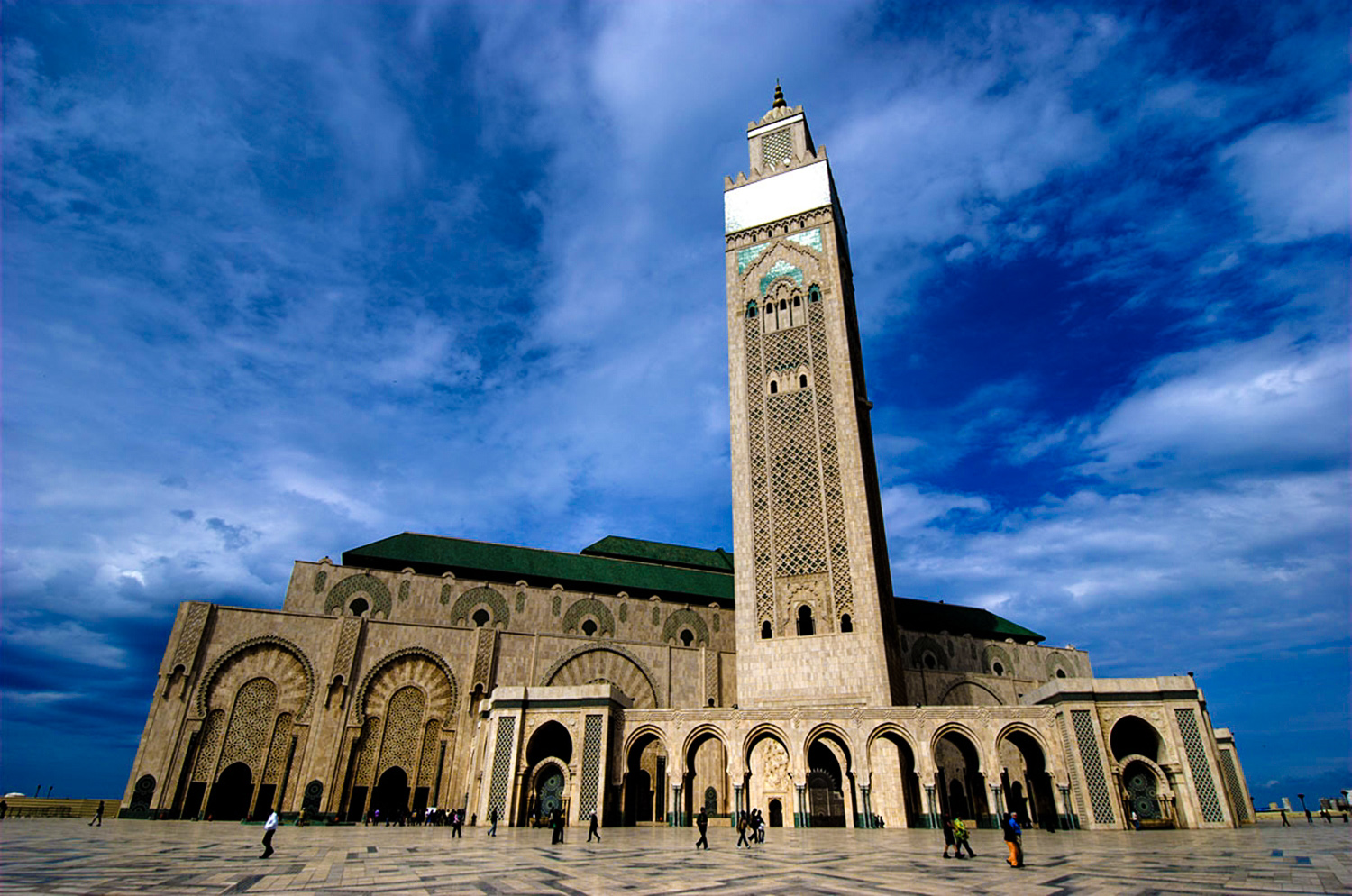
Taking Morocco Tourism to the next level
The Morocco Ministry of Tourism is hard at work creating a strong foundation for its industry. From accommodations to travel agencies, from tour guides to regulations, every link is being forged into a strong tourism value chain.
The Tourism Minister of Morocco, Lahcen Haddad, is rising up to meet the changing desires of tourists and their expectations in the areas of technology, social media, and cultural/eco-tourism offerings. To meet these challenges, Vision 2020 sets out a map to achieve innovative and competitive tourism for the country.
Support and guidance
The Tourism Ministry is providing support and guidance so as to benefit from financial support mechanisms, technically-designed and tailor-made to meet the development needs of tourist facilities. By setting a reference standard, this provides a marker to follow and improve the quality of services.
Tourism stakeholders are able to enjoy a personalized agenda, and pick labels and certifications that are adapted to enhance the attractiveness and strengthen their particular market position. They benefit from a coaching ground for any renovation, expansion, or upgrading of a tourist establishment.
Synergy and cohesion
Tourism representatives can also take advantage of the synergy and cohesion of membership benefits to the National Federation of Hotel Industry and Industry Regional Associations Hoteliere and exchange experiences with industry professionals. Through networking opportunities, they receive coaching and mentoring, and have a good representation of themselves to present before public bodies.
The year 2020 may sound far off into the future, but in reality, it is just three-and-a-half years away from now. As the Morocco Ministry of Tourism continues to roll out Vision 2020, it is moving forward and taking Morocco tourism to the next level.
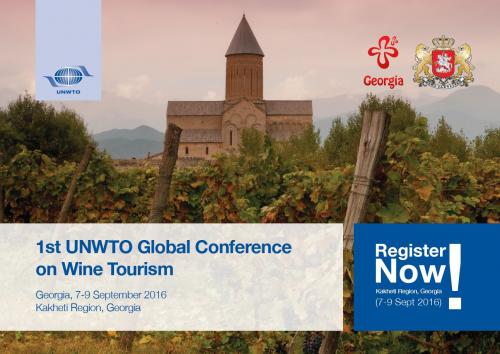
UNWTO Wine Tourism Conference gathers experts from around the world
The World Tourism Organization (UNWTO), in collaboration with the Georgian National Tourism Administration, is organizing the 1st UNWTO Global Conference on Wine Tourism in the Kakheti wine region of Georgia on 7-9 September 2016.
“Georgia’s unique wine-making traditions date back 8,000 years and are considered by UNESCO as intangible heritage, making the country an ideal host for the Global Conference on Wine Tourism. The country’s recent success in attracting a growing number of tourists, and its development of tourism products, branding and marketing, combine to present an excellent platform for sharing best practices, experience and knowledge,” said Dimitry Kumsishvili, Vice-Prime Minister and Minister of Economy and Sustainable Development of Georgia.
“Wine tourism is a growing segment with immense opportunities to diversify demand. In the case of Georgia, the segment’s potential is well known and we are very pleased to be holding the first UNWTO Global Conference on Wine Tourism in the country”, added Taleb Rifai, UNWTO Secretary-General.
Gastronomy and wine have become key components of a culture and lifestyle experience of any destination, and a growing travel motivation. To foster the development of this segment, in September 2015 UNWTO launched the UNWTO Gastronomy Network.
In this context, UNWTO is currently developing a Wine Tourism Prototype in Spain. The Prototype includes an analysis of wine tourism, in comparison with other tourism segments, and the design of an innovative product development model focused on the integration of the wineries into the cultural, economic, social and environmental heritage of their area of influence. The final results of this project will be presented at the conference.
The Conference will have a unique and dynamic format with three sessions to be held in different wineries across the Georgian region of Kakheti.
Speakers at the conference will include: Mr. Giovanni Mantovani, CEO, VeronaFiere and creator of VINITALY, (Italy); Ms. Janet Dorozynski, Trade Commissioner, Canadian Wine, Beer and Spirits and Tourism, Trade Sectors Bureau (BBI), Global Affairs Canada (Canada); Mr. Mike Veseth, Wine Economist, Professor Emeritus of International Political Economy, University of Puget Sound (United States); Mr. Gabriel Fidel, Wine Tourism Consultant (Argentina); Ms. Ayana Mizawa, Chief winemaker, Chuo Budoshu Co., Ltd., Grace Wine (Japan); Mr. Pedro Vargas, International Projects Director, Leading Brands of Spain Forum (Spain); Mr. George Chogovadze, Head of Georgian National Tourism Administration (Georgia); Mr. Levan Davitashvili, Deputy Minister of Agriculture of Georgia (Georgia); Mr. Patrick Honnef, Winemaker, Viticulturist, CEO of Château Mukhrani, Georgia (Georgia); Mr. John H Wurdeman V, Owner of Pheasant’s Tears (Georgia); Mr. Santiago Vivanco, Director, Vivanco Museum of Wine Culture (Spain); Mr. Donald Hawkins, Eisenhower Professor, George Washington University (United States); Ms. Paula Sousa, Marketing & Tourism Sales Director, Quinta Nova N. S. Carmo (Portugal) and Ms. Zaida Semprun, Wine Tourism Commercial Manager, Freixenet Group (Spain).
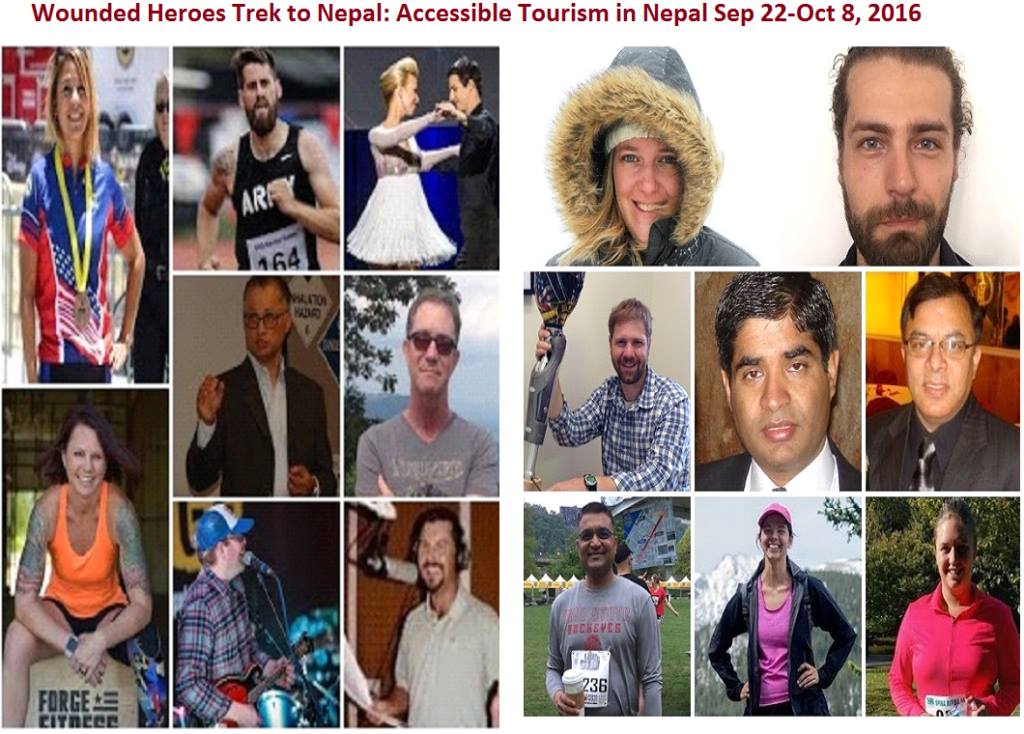
Nepal brings accessible tourism to World Tourism Day 2016
Ever since its inception, World Tourism Day is celebrated on September 27 to foster awareness among the international community of the importance of tourism and its social, cultural, political, and economic value. As the official day set aside in the United Nations Calendar, the celebration seeks to highlight tourism’s potential to contribute to reaching the Sustainable Development Goals (SDGs), addressing some of the most pressing challenges society is faced with today.
Accessible tourism for all is about the creation of environments that can cater to the needs of all of us, whether traveling or staying at home due to a disability, even temporary, or to families with small children, or the ageing population, at some point in our lives, sooner or later, we all benefit from universal accessibility in tourism.
The United Nations World Tourism Organization (UNWTO) strongly encourages nations to make all tourist facilities, products, and services accessible for everyone. This accessibility is crucial to attain sustainable tourist policies. The combined effort marks the celebration of World Tourism Day 2016 under the theme “Tourism for All – Promoting Universal Accessibility.”
Washington DC-based International Development Institute in collaboration with the Soarway Foundation, Operation Namaste, and Four Season Travel and Tours in Kathmandu, Nepal, has put together an Explore Himalayas 2016 program in September 2016. According to the World Health Organization (WHO), 15% of the world’s population (1 billion people) is estimated to live with some form of disability.
The inclusive tourism movement in Nepal is pleased that the “Wounded Heroes Trek of Hope to Nepal” program is on the list of events by UNWTO, celebrating World Tourism Day. The trek is the only such project to be recognized in Nepal – and one of only three throughout South Asia. This gives much-needed hope and a moral boost to all involved in turning accessible tourism into a reality in Nepal. The Wounded Heroes Trek of Hope to Nepal hopes to provide international attention to the country to boost tourism, thereby positively moving the country forward economically.
The program takes a team of 19 wounded heroes, which includes a team of medical professionals and a team of writers, as well as journalists to Nepal with the hope of inspiring 500,000 people with disabilities in Nepal by creating awareness for social responsibility and making Nepal accessible for people with disabilities during the rebuilding of Nepal after the 2015 earthquake. The program will take this team to Kathmandu, Nagarkot, Pokhara, the Poonhill trek, and Chitwan.
Scott DeLisi, former US ambassador to Nepal, who is now Executive Director of the Soarway Foundation, said: “It’s about inclusive tourism. By making Nepal an accessible tourism location we can build an economy. We can help them build a future that they can face with confidence rather than fear.”
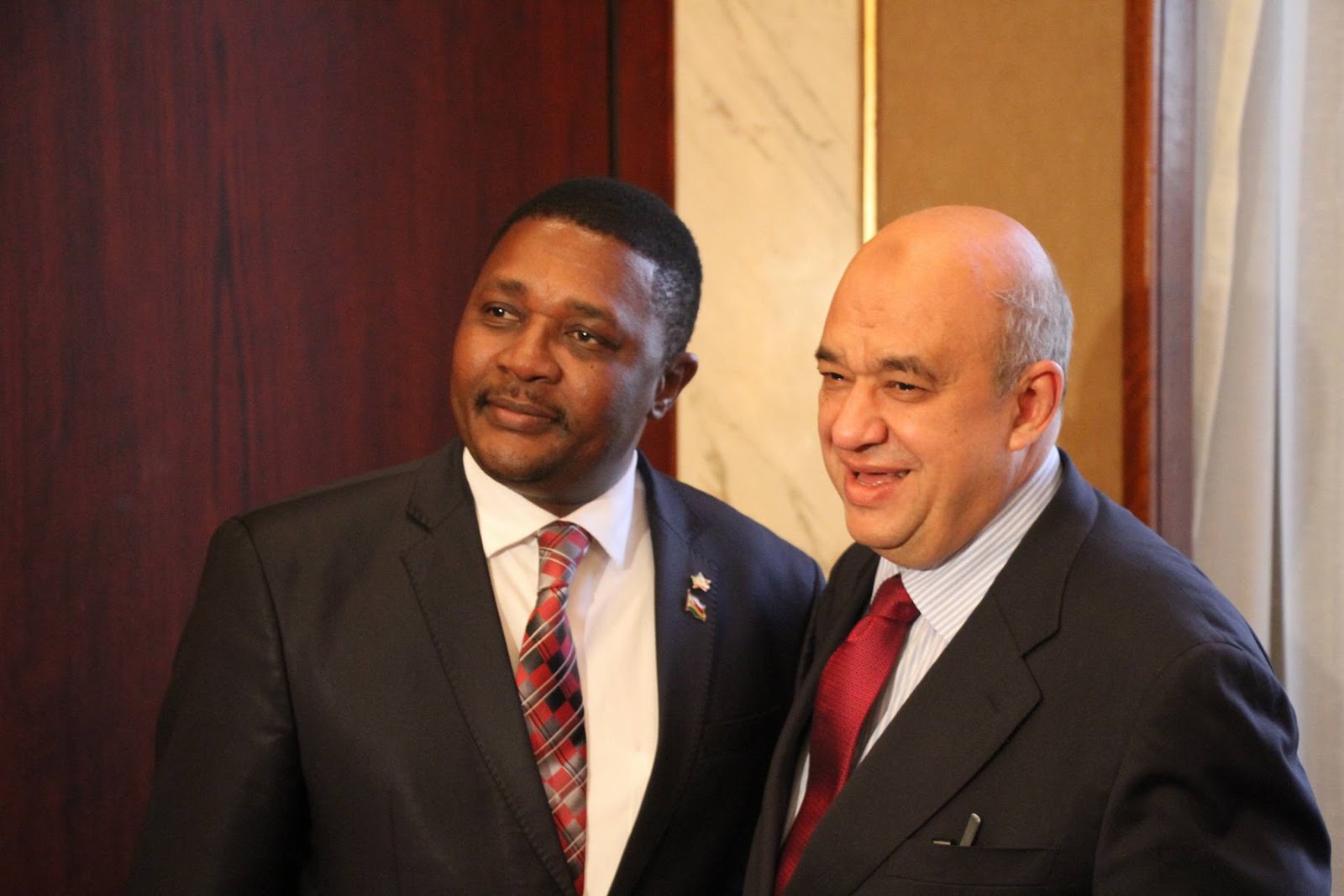
Egypt and Zimbabwe tourism cooperation goes to higher levels
Zimbabwe’s Minister of Tourism and Hospitality Industry, Dr, Engr Walter Mzembi who is in Cairo, Egypt on his UNWTO campaign trail, had a fruitful engagement with his Egyptian counter-part His Excellency Mohamed Yehia Rahed.
The two Ministers discussed, among other key strategic issues, the implementation of the Memorandum of Understanding (MoU) on Co-operation in the field of Tourism signed between the two countries in December 2014.
Speaking after the meeting, Minister Mzembi revealed that they had agreed on the setting up of the Joint Tourism Technical Committee (JTTC), which will be instrumental in the operationalisation and full implementation of the MoU.
“We are definitely excited about our engagements here and one key thing that was at the epi centre of our discussions was the urgent need to set up a Joint Tourism Technical Committee that will spearhead the operationalisation of our MoU with Egypt. There are various programmes that will be implemented in the context of our MoU. One such key programme is the agreed Egypt Tourism Week to be held in February 2017 in Zimbabwe and the Zimbabwe Tourism Week in Egypt in April 2017 which, essentially, is a reciprocal event”, said Minister Mzembi.
The Minister added that, “this initiative, apart from cementing relations between the two countries, helps to boost tourism promotion and enhances cultural ties that are key in sustainable tourism development as this will be undertaken by tour operators, travel agencies and the media, among other key stakeholders”.
The Egyptian Minister of Tourism His Excellency Mohamed Yehia Rahed said his government is keen to see the full implementation of the bilateral tourism pact.
“We are happy to be hosting Minister Mzembi and his delegation in Egypt. There is indeed need to advance close cooperation especially in the field of tourism as espoused in our signed MoU. Africa must do more in the areas of joint marketing and promotion activities if we are to increase our market share in terms of tourism global arrivals,” said His Excellency Rahed.
The meeting also discussed how Egypt has successfully managed to sustain its tourism industry, which is a major contributor to the economic growth of this influential North African country. This has successfully happened against the backdrop of residual concerns about security. It is an experience that could be shared with others on the continent and beyond.
The two Ministers also agreed to work assiduously towards an early resumption of direct air-links between Cairo and Harare as this is largely viewed as a critical success factor in spurring tourism growth in both countries.
Egypt is the headquarters of the Arab League, a very strategic organization of Arab states which has enormous influence on all its membership from Africa to the Middle East.
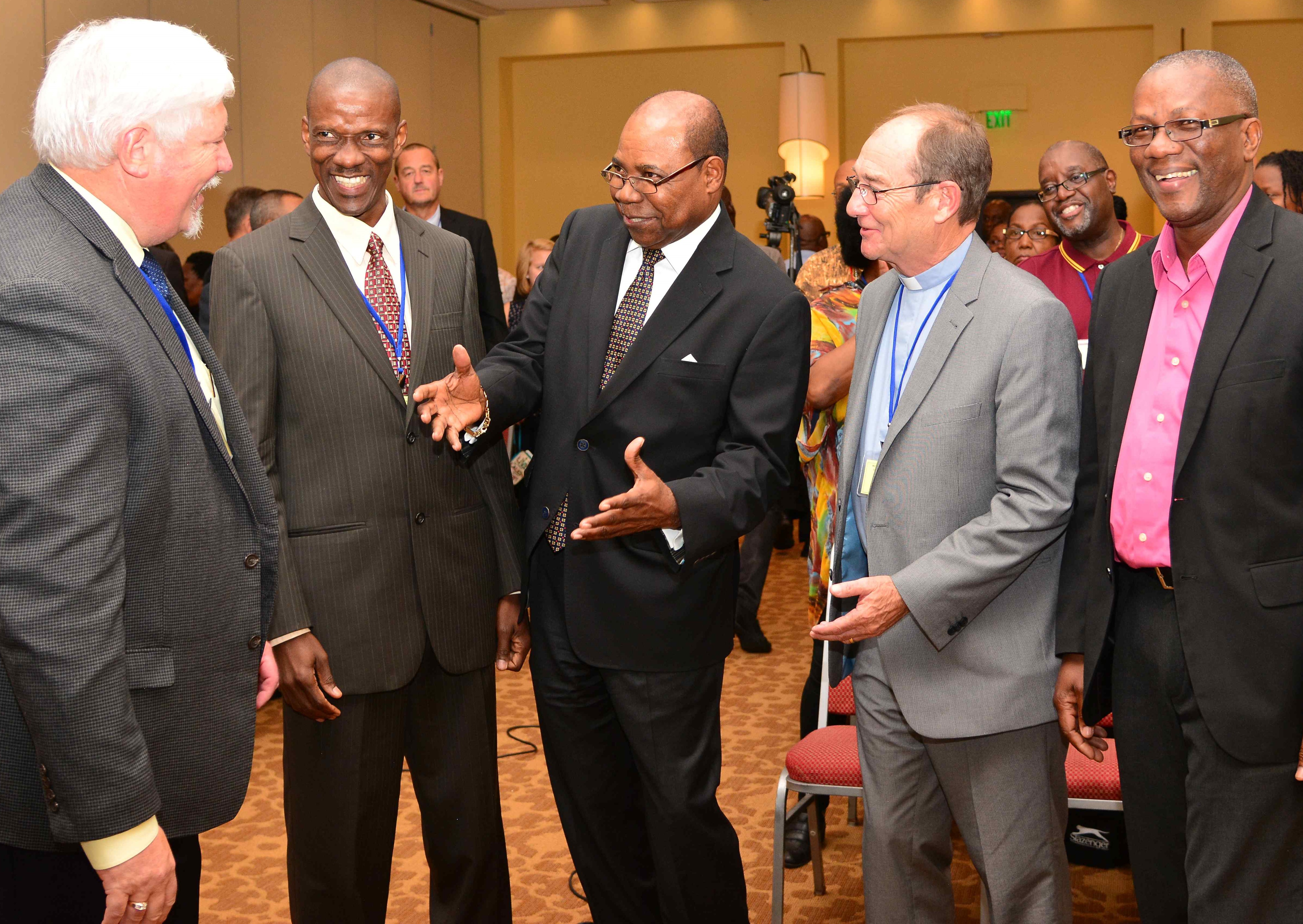
Policy Being Formulated to Develop Faith-Based Tourism
MONTEGO BAY, Jamaica; August 16, 2016: As part of the Ministry of Tourism’s strategy to significantly increase visitor arrivals and develop the tourism sector, a policy is being formulated to deliberately target the faith-based tourism market.
According to Travel-Market Report, a noted publication for travel professionals, faith-based tourism contributes between US$50 billion and US$100 billion annually to the global economy. Minister of Tourism, Hon. Edmund Bartlett told influential church leaders attending the World-wide Synod of the Moravian Church that he was keen on tapping into this market.
Minister Bartlett addressed the Moravians from more than 30 countries at a reception at the Hilton Rose Hall Resort & Spa, Montego Bay recently, ahead of the start of their weeklong synod which is held in a different country every seven years and was last held in Jamaica in 1974.
The framework for the faith-based tourism strategy was developed recently and according to Minister Bartlett, was born not just out of a strong call for more visitors to come to the country, “but because we believe in the mission and we believe that there is great benefit to accrue to our society from the values of Christianity.”
He added, “also, our experience has shown that Jamaica is positioning itself as a truly democratic society where freedom of thought and religion is practiced and where Christians feel freer to speak and to practice their faith more than any other place on earth.”
Minister Bartlett asserted that he was accentuating “a position that is truly honest about Jamaica,” as he pointed out that “we have more churches per square mile in Jamaica than anywhere else in the region.” He also stated, “our collective consciences have been conditioned by The Bible” and that the country’s Constitution and laws have been influenced by God’s principles.
Elaborating on the development of the policy, Mr. Bartlett said it would guide how Jamaica builds the requisite infrastructure needed to enable larger groups of Christians and/or religious visitors to come to the country and determine the framework of experiences that are offered.
“Our churches have over the years been the base of faith-based tourism but the churches have not been structured and organized enough to encourage large visits and pilgrimages; nor large conventions into Jamaica, so the Montego Bay Convention Centre is going to be able to respond to the call for usage for large and medium-sized conventions,” he indicated.
He stressed that the last time Jamaica had a large church group visiting was in 2011 when some 3,000 Christians arrived in Montego Bay on a chartered cruise dubbed Cruise With a Cause and they carried out voluntary social programmes including visitations to schools and hospitals.
The tourism minister declared, “we are excited at the prospects of working with the churches in building out a very important area of tourism and it’s going to have more than the value of just bringing visitors here and providing greater earnings for the economy; it is going to be a confluence of a deeper spiritual and a more moral approach that will influence our lives and help us to be a better people in Jamaica.”
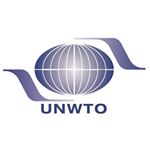
UNWTO welcomes Indonesia’s cutting edge tourism visa policy
UNWTO has expressed its full support to the decision of the Government of Indonesia to grant free visa to citizens from 169 countries. The measure looks for attracting international tourism to the country by simplifying travel procedures and follows research by UNWTO and WTTC that shows that visa facilitation in the ASEAN economies could create between 333,000 to 654,000 new jobs in a period of three years.
The visa-free policy is valid for a maximum stay of 30 days, has no restriction on the number of visits per year, and is non-extendable nor convertible to any other stay permit. Nationals of visa-free countries can enter Indonesia in any of the 124 immigration check points that the country possesses.
“Indonesia is setting an example to the world. UNWTO welcomes the decision of the Government of Indonesia which clearly reflects the commitment of the country with the development of the tourism sector as a driver of economic growth, jobs and well-being for its people” said UNWTO Secretary-General, Taleb Rifai.
UNWTO has been extensively advocating for the benefits of safe, secure and seamless travel as a means to promote tourism development and multiply socio-economic benefits of the sector.
According to the UNWTO/WTTC Report Impact of Visa Facilitation in ASEAN Member States, ASEAN stands to gain 6 to 10 million additional international tourist arrivals from improved visa facilitation. The additional receipts generated by these tourists could reach between US$7 and US$12 billion.
Progress has been made at global level yet many opportunities remain for improvement, namely through maximizing the use of new technologies.
The 2015 UNWTO Visa Openness Report shows that the share of total tourists required to obtain a traditional visa prior to travelling continues to decline and is at its lowest level ever. In 2015, 39% of the world population could travel for tourism without obtaining a traditional visa prior to departure as compared to only 23% in 2008.

UNWTO strongly condemns attack in Nice, France
UNWTO is deeply shocked by the hideous attack perpetrated in Nice. On behalf of the international tourism community, UNWTO expresses its heartfelt condolences to the families and friends of the victims and to the French people in this difficult moment.
“On behalf of the international tourism community, UNWTO conveys its heartfelt condolences to the families and friends of the victims and expresses its full solidarity with the people and the Government of France” said UNWTO Secretary-General, Taleb Rifai. “Nice is, and will continue to be, one of the leading tourism destinations in France and in the world. In the face of these forces of darkness, we must more than ever remain united to fight this global threat” he added.
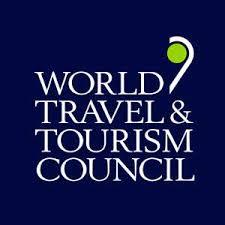
World Travel & Tourism Council issues statement on Nice, France attack
LONDON, England – The World Travel & Tourism Council (WTTC) wishes to express its shock and sadness at the abhorrent events in Nice, France on 14 July 2016, and the terrible loss of life.
David Scowsill, President & CEO, WTTC, said: “It is with great sadness that the world hears of another attack in France. We express our heartfelt condolences to the friends and family of the victims of this callous attack. France is the natural home of international tourism – the most visited destination in the world. With this attack on its day of national celebration of the principles of liberty, equality, and brotherhood – the same principles championed by Travel & Tourism – our sector stands in unity with the people of Nice and France.
“Les hommes de tous les pays sont frères, celui qui opprime une seule nation se déclare l’ennemi de toutes” (Men of all countries are brothers , one who oppresses one nation declares himself the enemy of all). – Robespierre
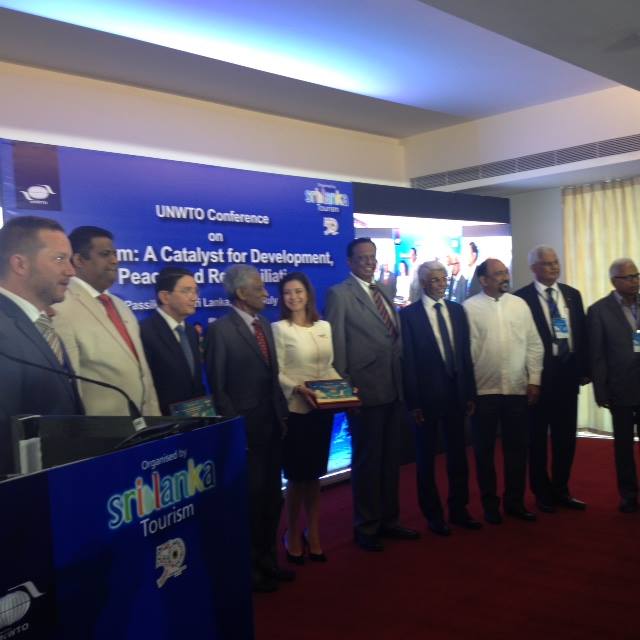
Tourism, a catalyst for peace and development
MADRID, SPAIN -Tourism can play a key role in building peace and supporting reconciliation processes, concluded the UNWTO Conference on ‘Tourism, a catalyst for development, peace and reconciliation’ held in Passikudah, Sri Lanka between 11 and 14 July.
Community engagement and empowerment, capacity building and training, and public/private sector partnerships are key factors in advancing a culture of peace through tourism in post-conflict societies. Participants recalled the importance of placing tourism at the heart of the peace and reconciliation agenda, to ensure the sector can deliver on its capacity to generate development and social inclusion.
“Tourism is a vehicle for trust and goodwill. Cultural understanding can change attitudes and build peace. Tourism’s role in peace building is also enacted through its contribution to poverty alleviation, cultural preservation and environmental conservation,” said President of Sri Lanka Maithripala Sirisena in a message to the Conference.
“For most of the last thirty years, this place has been a warzone. Today, Passikudah is an example of how people affected by conflict have picked up the pieces and rebuilt their lives. We would not be meeting here if it were not for peace,” said the Minister of Tourism Development and Christian Religious Affairs and Lands of Sri Lanka, John Amaratunga. “We will work to provide an example to the world on how to rise from the ashes of conflict to become a leading tourism destination,” he added.
“We face a deficit of tolerance. Tourism brings people together; it opens our minds and hearts”, said UNWTO Secretary-General Taleb Rifai, opening the Conference. “Yet to gain peace we need to give people opportunities for a better future; we need to create jobs and bring them hope,” he added.
“The Petra National Trust conducted a number of informal surveys that suggest that when tourism is poorly managed, societal tensions persist, local communities’ connection to their heritage weakens, responsible practices around tourism sites suffer, and local culture and values erode,” said HRH Princess Dana Firas, Chair of the Petra National Trust, Jordan, in her keynote address.
The Conference focused on four main topics: the contribution of tourism development to peace, local community involvement and ‘peace sensitive tourism’, public/private partnerships, and marketing in post-conflict destinations.
“This was an historical event in an area once torn apart by war. We trust that tourism development in Sri Lanka will bring more opportunities to the people and particularly the youth of the country,” said Paddy Withana, Chairman of Sri Lanka Tourism, closing the event by recalling that the conference welcomed perspectives on how that can be done in full respect of communities and traditions from across the country.
On the occasion, five Sri Lankan companies – Aitken Spence Hotel Holdings PLC, Lanka Hotels & Travels PVT Ltd, Laugfs Leisure Limited, Siddhalepa Ayurveda Health Resort and Theme Resorts & Spas Pvt Ltd. – signed the Private Sector Commitment to the UNWTO Code of Ethics for Tourism, pledging to upload and promote the values of the Code. The signing ceremony was witnessed by UNWTO Secretary-General Taleb Rifai, the Sri Lankan Minister of Tourism Development and Christian Religious Affairs and Lands of Sri Lanka, John Amaratunga, and Hiran Cooray, Member of the World Committee on Tourism Ethics.
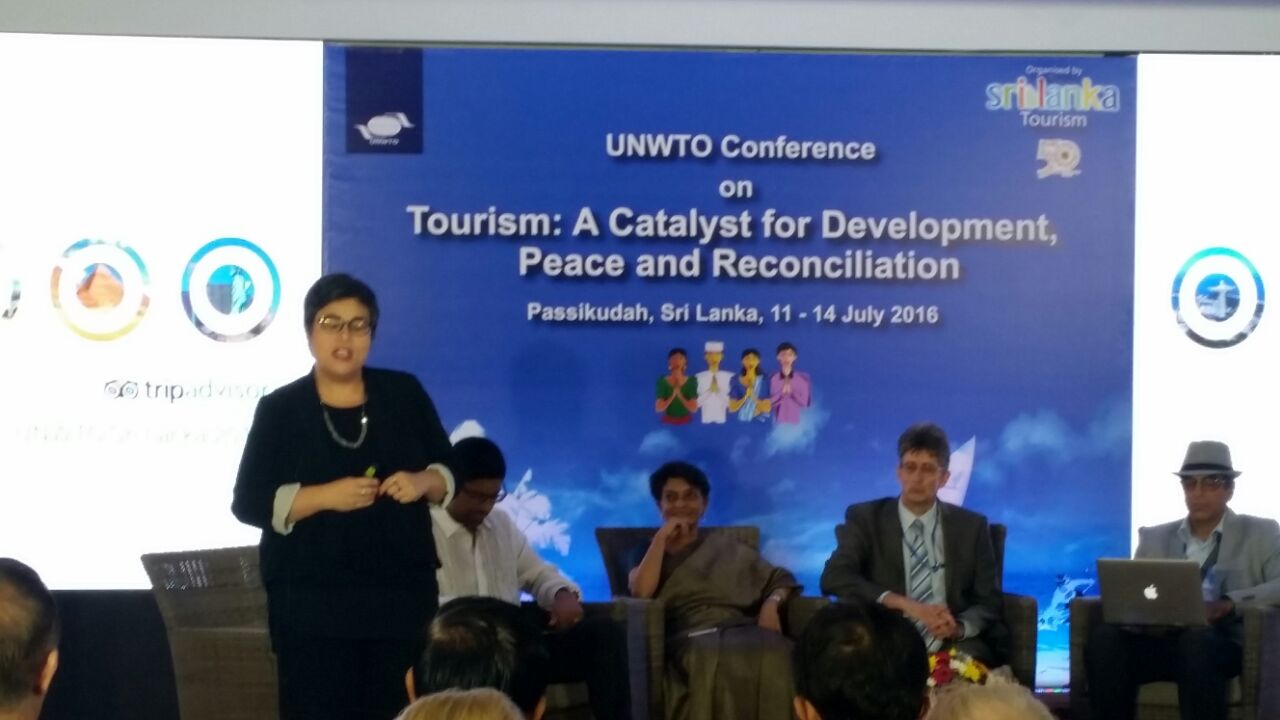
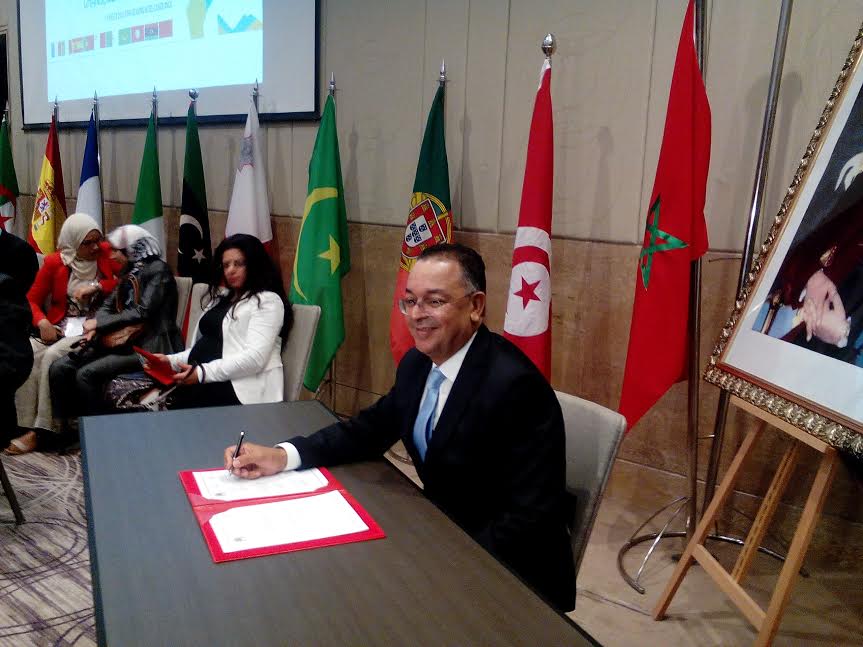
Morocco welcomed conference on tourism and climate change
CASABLANCA, Morocco – Climate change has become a world concern affecting the tourism sector, just like other sectors, such as the economy.
Casablanca welcomed on Monday, July 11, 2016, the fourth Conference of the 5+5 Dialogue of Tourism Ministers on the Western Mediterranean.
Organized under the theme “Tourism and Climate Change,” this COP22 conference is an opportunity for exchanges between Western Mediterranean countries, the complexity of the links between climate factors and tourism, as well as the needs adaptation and mitigation to be adopted to deal with climate change in a fragile context.
It comes on the eve of the MEDCOP 22, which will take place on July 18 and 19 in Tangiers, and confirms the mobilization of the Mediterranean tourism industry in the fight against climate change and strengthens the momentum around the COP on Climate Change (COP22) held in Marrakech in the month of November.
According to the UN World Tourism Organization (UNWTO), the influence of climate change is already affecting the tourism sector in different settings and destinations: “It takes recognition that between tourism and climate change, there are interactions. Tourism also contributes to causes of climate change, primarily from emissions of tourism and transport energy used in the industry.”
The tourism sector faces the challenge of climate change and sustainability through the ownership of better sustainable production and consumption.
Awareness of the vulnerability of the tourism sector and the challenges to cope with climate change, along with the importance of the tourism industry in the Western Mediterranean in terms of job creation, poverty reduction, development of natural resources, and the reconciliation of peoples and civilizations, the countries of the 5+5 Dialogue of Tourism Ministers adopted and signed at the ministerial meeting, a “Declaration of Casablanca,” which is another brick in the edifice of tourism cooperation between the countries of this region.
The “Casablanca Declaration” aims to undertake as part of a coordinated approach and joint governance, measures to both assess and monitor the impact of tourism on climate change in the region and to mitigate and/or limit the impacts of climate change on touristic development. It was also recommended at the meeting to set up a “Sustainable Tourism Strategy in the Mediterranean.”
The “Casablanca Declaration” crystallizes the commitment of countries in the Western Mediterranean, including:
– Cooperating in awareness of the risks of climate change on tourism, and tourism’s contribution to climate change.
– Working to limit the impact of tourism activities on climate, including through the promotion of soft modes of transport, the diversification of the tourist offers to ease pressure on the coastline, and improving the energy efficiency of buildings and rational use of water resources in tourism activities.
– Working with all national and regional institutions, as well as the international development of sustainable tourism, and taking into account the constraints of climate change in the Western Mediterranean, especially with the Arab Maghreb Union, the Union for the Mediterranean, the World Tourism Organization, and the private sector and civil society.
The 5+5 Dialogue brought together ten countries bordering the basin Western Mediterranean, namely the five countries of the Arab Maghreb Union (Morocco, Mauritania, Tunisia, Algeria, and Libya) and five countries of Western Europe (Spain, France, Italy, Malta, and Portugal).
The first Conference of the 5+5 Dialogue of Tourism Ministers on the Western Mediterranean was held in May 2006 in Hammamet, Tunisia, and the second conference was held in Ajaccio, France in May 2008. The 3rd edition of this conference was held on December 3, 2014 in Lisbon, Portugal. France, which ensures the Co-Chairs North 5 + 5 Dialogue, will host the work of the 5th Conference of the 5+5 Dialogue of Tourism Ministers in 2018.
